Google Pixel 4a vs iPhone SE: Which phone wins?
The Pixel 4a and iPhone SE are two of the best cheap phones yet. Here’s how they stack up.
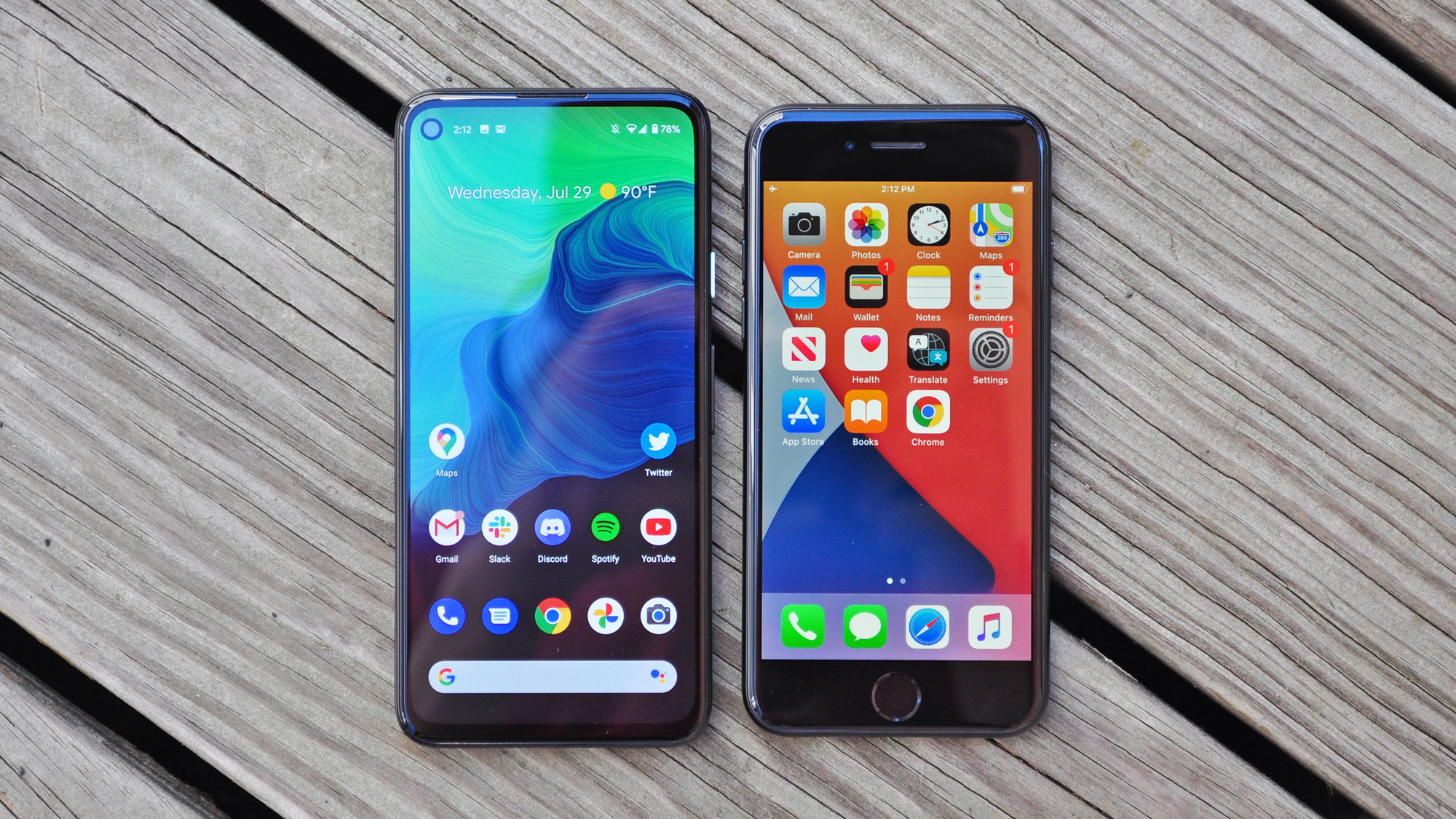
A Google Pixel 4a vs iPhone SE matchup epitomizes the state of smartphones right now. More and more people are looking for a device that gives them everything they need at a price that doesn't break the bank. The good news: both the $349 Google Pixel 4a and $399 iPhone SE are among the very best cheap phones available.
But which of these budget phones is right for you? The Pixel 4a comes to this fight with a bigger display, much slimmer bezels and a cheaper price. While the iPhone SE boasts a more powerful processor and more premium features like wireless charging. Here's how these two budget phones stack up.
- Google Pixel 4a review: Our verdict is in
- The best cheap iPhone: iPhone SE review
Google Pixel 4a vs iPhone SE: Price
The Google Pixel 4a is clearly the more tempting value, as it starts at just $349, compared to $399 for the iPhone SE. In addition, Google includes double the storage for $50 less. The Pixel 4a comes with 128GB of storage, compared to just 64GB for the iPhone SE.
The Pixel 4a also includes a fast charger in the box. Apple charges extra for a fast charger, which is sold as a separate accessory.
Apple does give you more storage options, as you can upgrade to 128GB ($449) or 256GB ($549). With the Pixel 4a there's only a single configuration. In addition, the iPhone SE comes in more colors; you can take your pick from white, black and red. The Pixel 4a is only available in black.
Winner: Google Pixel 4a
| Row 0 - Cell 0 | Row 0 - Cell 1 | Row 0 - Cell 2 |
| Row 1 - Cell 0 | Row 1 - Cell 1 | Row 1 - Cell 2 |
| Row 2 - Cell 0 | Row 2 - Cell 1 | Row 2 - Cell 2 |
Google Pixel 4a vs iPhone SE: Design
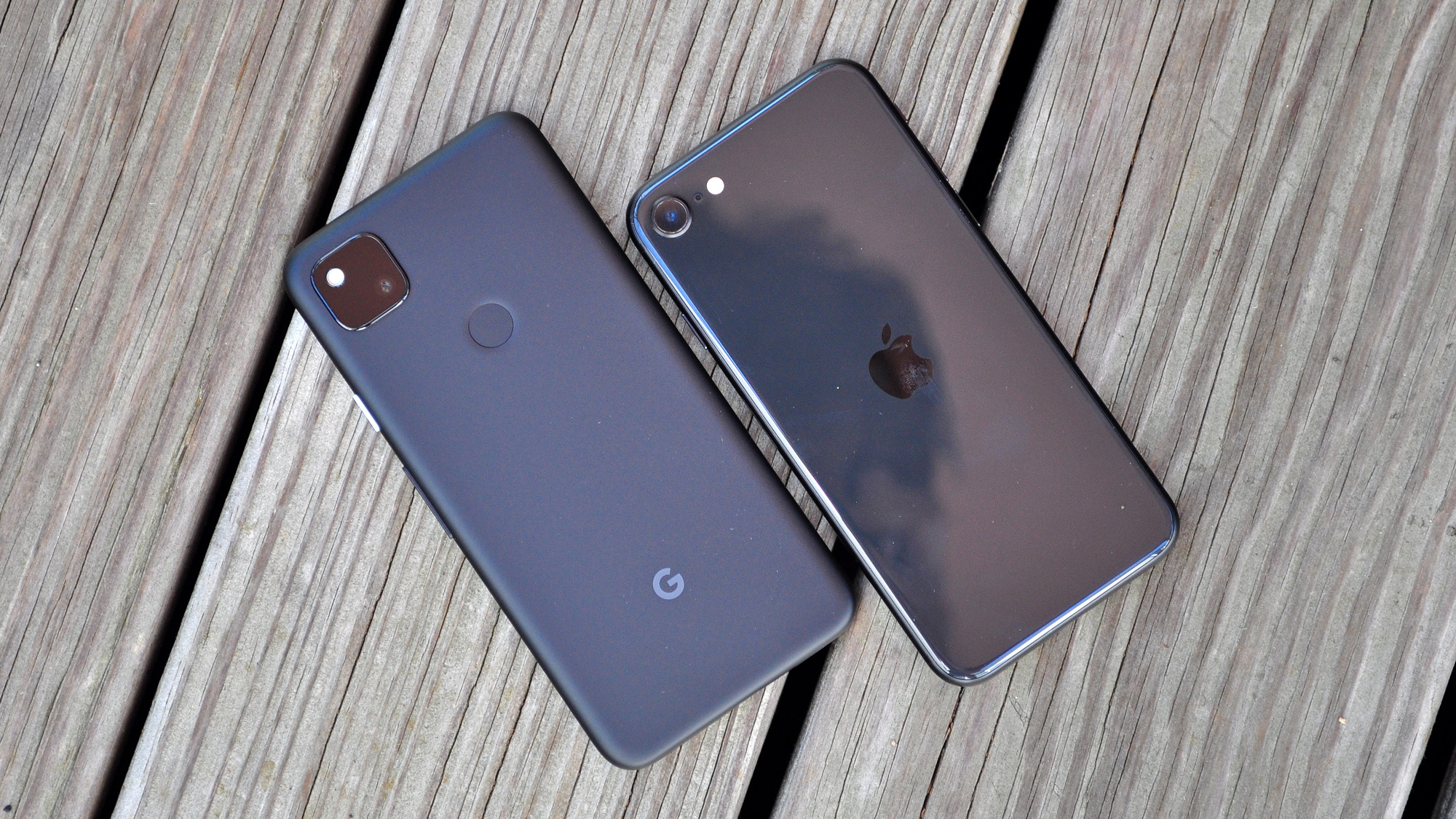
The Google Pixel 4a's design simply looks more modern than the iPhone SE. It starts with a 5.8-inch display that nearly goes edge to edge, while the iPhone SE has a smaller 4.7-inch panel surrounding by large bezels.
Sign up to get the BEST of Tom's Guide direct to your inbox.
Get instant access to breaking news, the hottest reviews, great deals and helpful tips.
Having a Touch ID sensor up front for the iPhone SE is handy, but the back-mounted sensor on the Pixel 4a isn't hard to reach. However, the iPhone SE has a more premium vibe, thanks to its glass back. The Pixel 4a is made of plastic; it doesn't feel cheap but it's noticeable.
The iPhone SE also benefits from offering a water-resistant design with an IP68 rating. That means you can submerge the device and not worry about it getting damaged. The Pixel 4a does not offer water resistance.
At 5.7 x 2.7 x 0.3 inches and 5.04 ounces, the Pixel 4a is slightly taller but lighter than the iPhone SE, which measures 5.5 x 27 x 0.29 inches, but the bottom line with the Pixel 4a is that you get much more real screen estate in a chassis that's about as compact.
Winner: Google Pixel 4a
Google Pixel 4a vs iPhone SE: Display
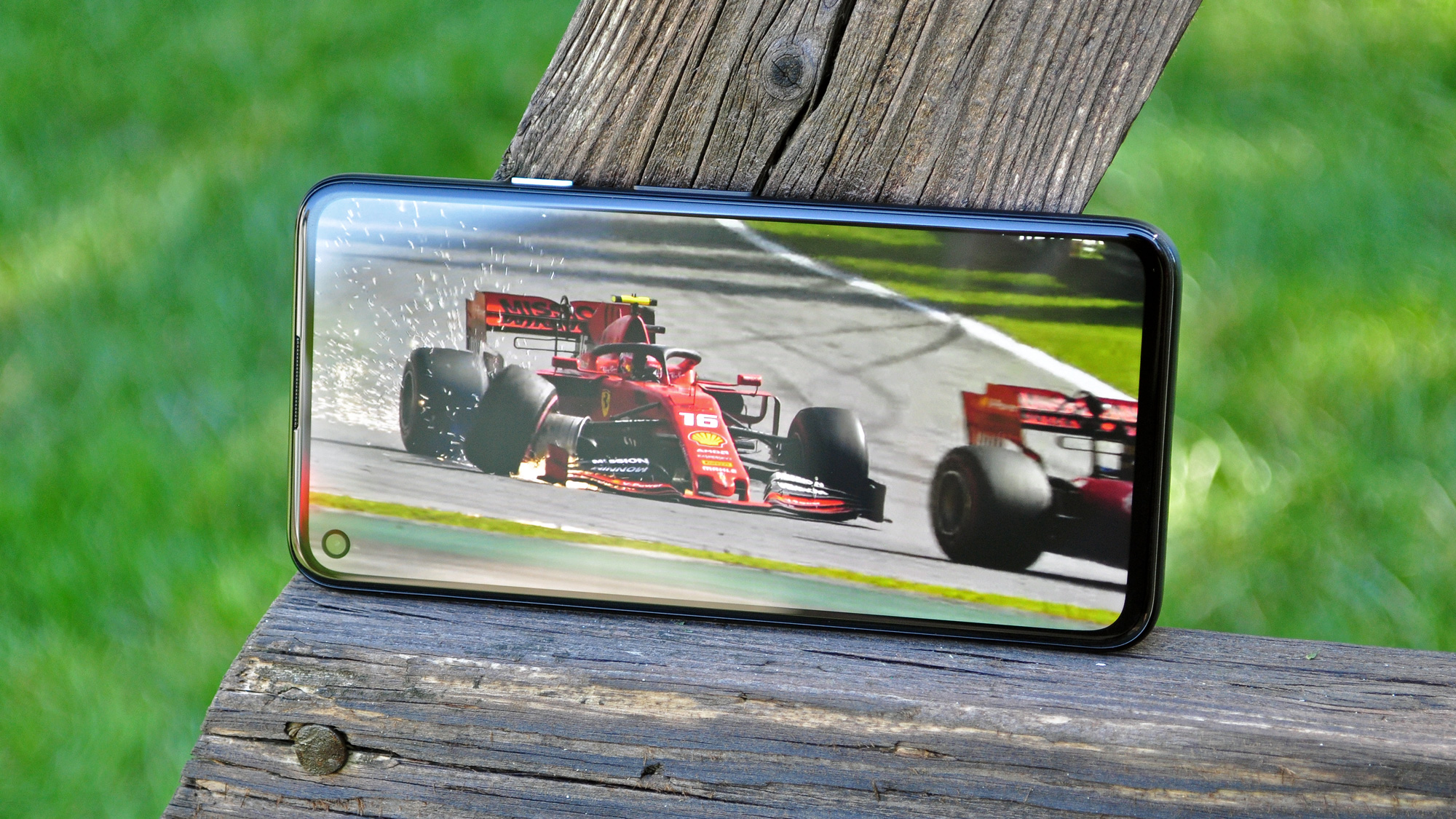
The Pixel 4a has a few advantages over the iPhone SE when it comes to the display. It's OLED panel is larger (5.8 vs 4.7 inches) and sharper (2340 x 1080 vs 1334 x 750 pixels) than the iPhone SE, which uses an LCD panel.
But the iPhone SE's screen is very good as well. The Pixel 4a proved a bit less colorful in our lab tests, reproducing 105.8% of the sRGB color gamut, compared to 112.2% for the iPhone SE.
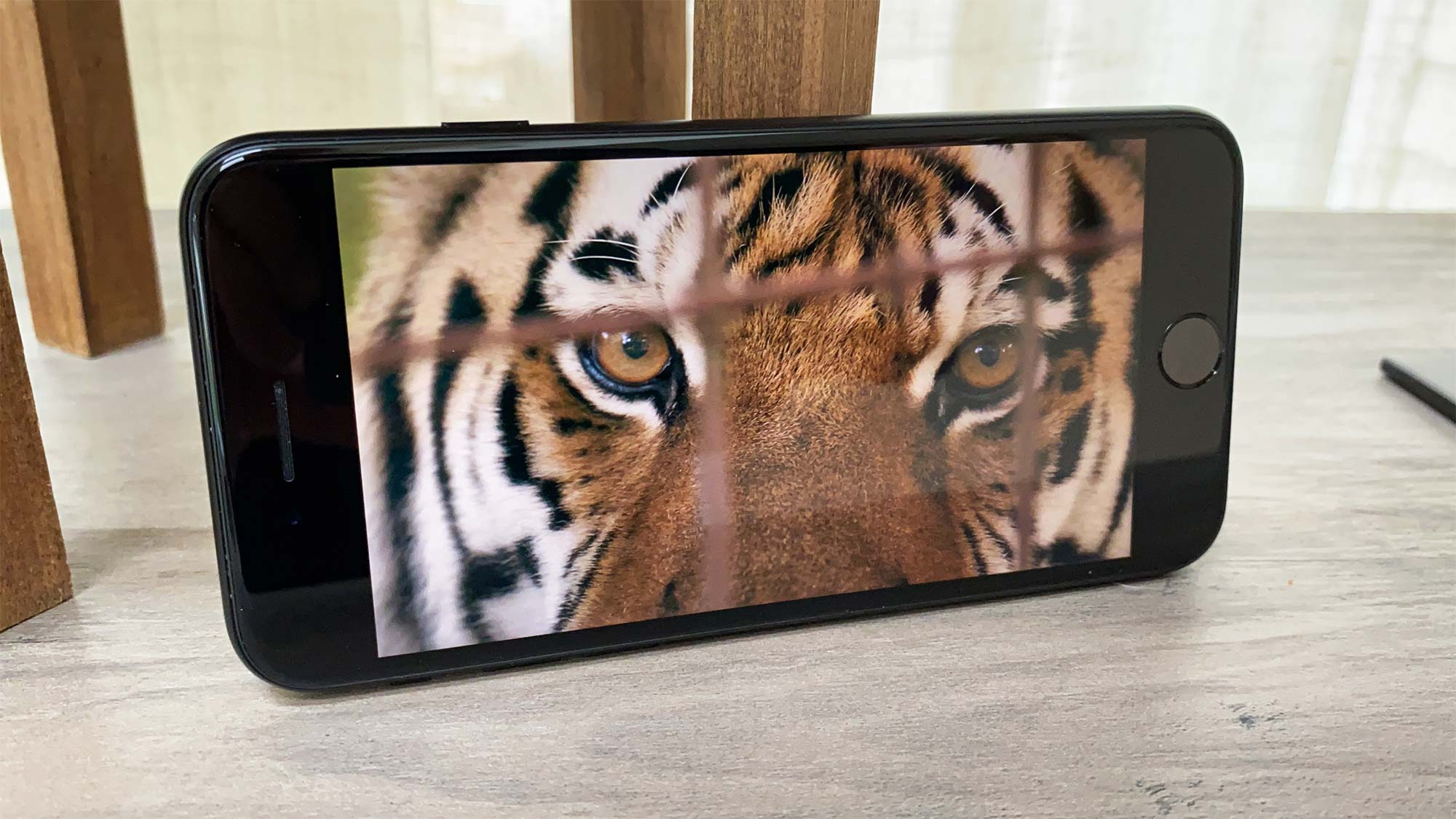
In addition, the iPhone SE's panel is slightly more accurate, as it turned in a Delta-E rating of 0.2; the Pixel 4a notched 0.29. The lower the score the better on this test, as a perfect mark is zero.
The Pixel 4a's display can get brighter than the iPhone SE, as the former registered a maximum brightness of 653 nits. The iPhone SE registered 653 nits, but it's important to remember that Google's phone can only hit that number in direct sunlight with Adaptive Brightness turned on.
Winner: Google Pixel 4a
Google Pixel 4a vs iPhone SE: Cameras
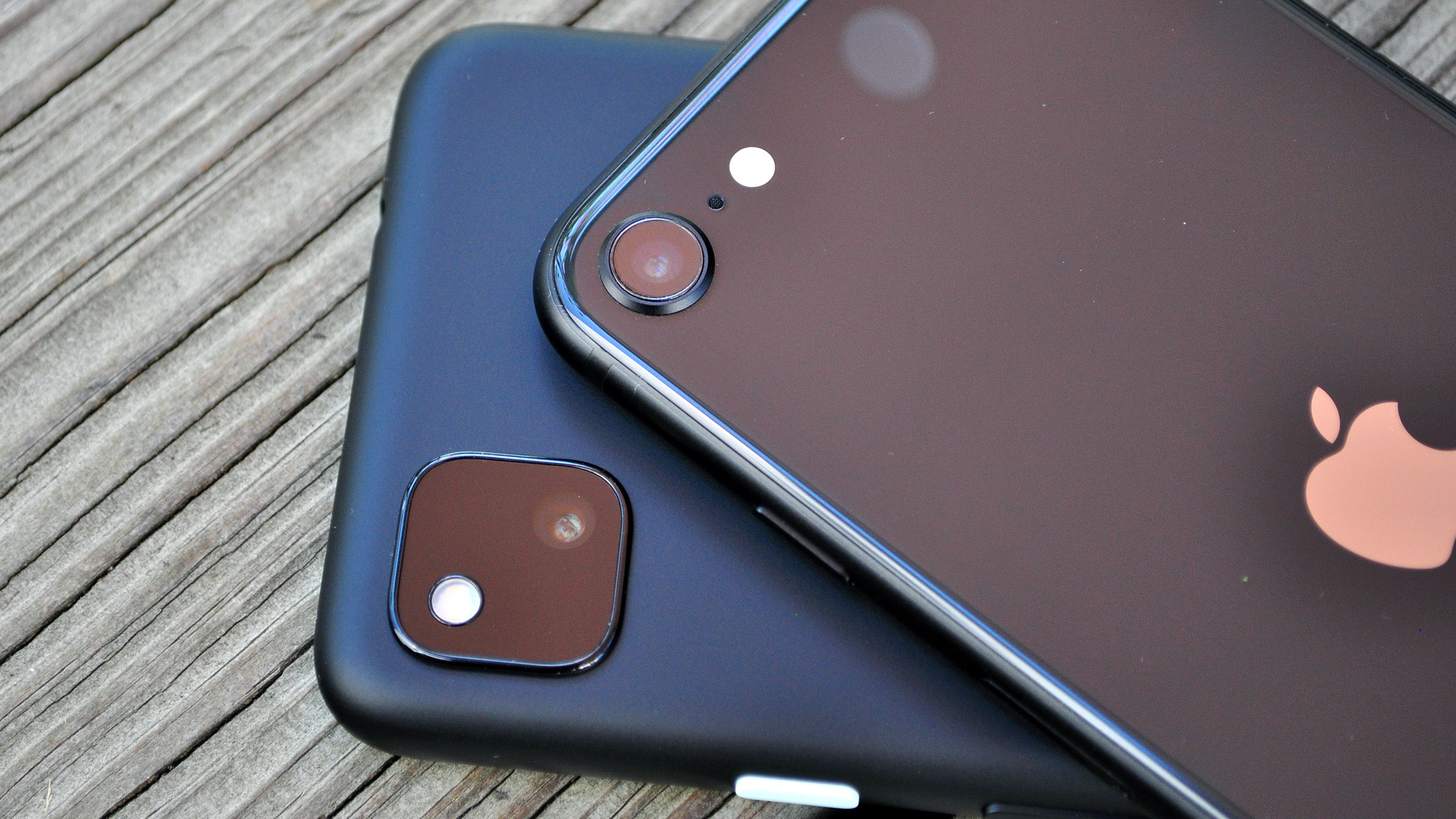
Both the Pixel 4a and iPhone SE make due with a single front camera and rear camera, but they do a lot with them. The Pixel 4a sports a 12.2MP rear shooter with a f/1.7 aperture, while the iPhone SE packs a 12MP camera with a f/1.8 aperture.
Up front, the Pixel 4a houses a 8MP f/2.0 camera, and the iPhone SE features a 7MP f/2.2 camera. In our head-to-head photo comparisons, the Pixel 4a edges out the iPhone SE, mostly because of its Night Sight mode for the rear camera.
Take this photo of a house shot in near complete darkness. The Pixel 4a illuminates more of the image, providing a sharp and noise-free view of the front door. The iPhone SE's shot misses a lot more of the building and the surrounding tree.
Both the Pixel 4a and the iPhone SE can do portraits in software, but the results are quite different. Google’s handset crops into the frame to simulate the use of a telephoto, while Apple’s vantage point is more zoomed out. We generally prefer Google's approach here.
The iPhone SE and Pixel 4a delivered an attractive photo of this vase of sunflowers. The iPhone SE's shot looks more natural, but the contrast and punchier colors in the Pixel 4a's photo is more pleasing to the eye.
Google Pixel 4a vs iPhone SE: Performance
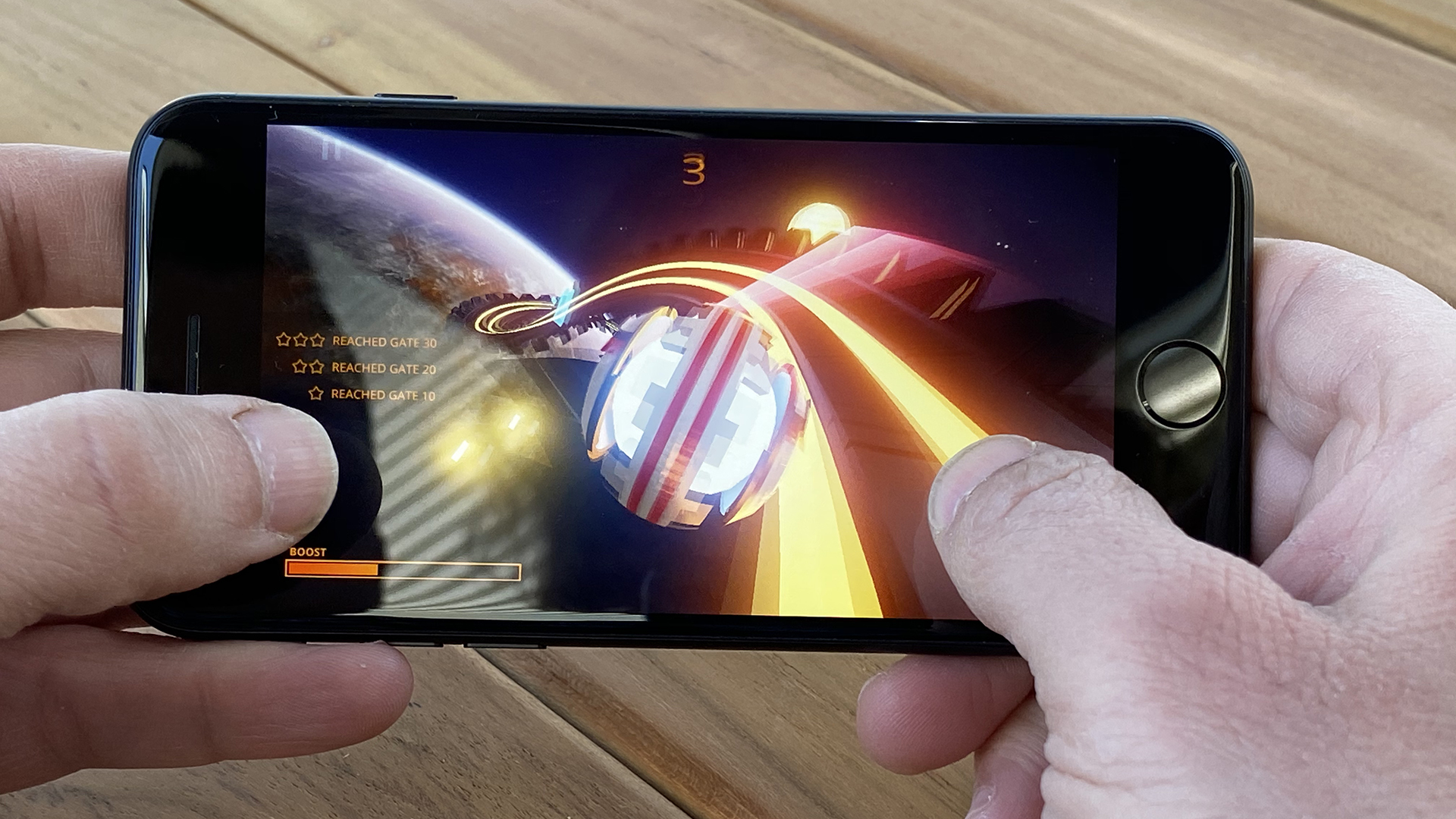
The iPhone SE is clearly the performance champ among these two phones, as it packs the same fast A13 Bionic processor found inside the iPhone 11. The Google Pixel 4a has a decidedly mid-range chip in the Qualcomm Snapdragon 730G.
In everyday use, the Pixel 4a proved responsive, but it's not as swift when it comes to gaming and when processing photos as the iPhone SE.
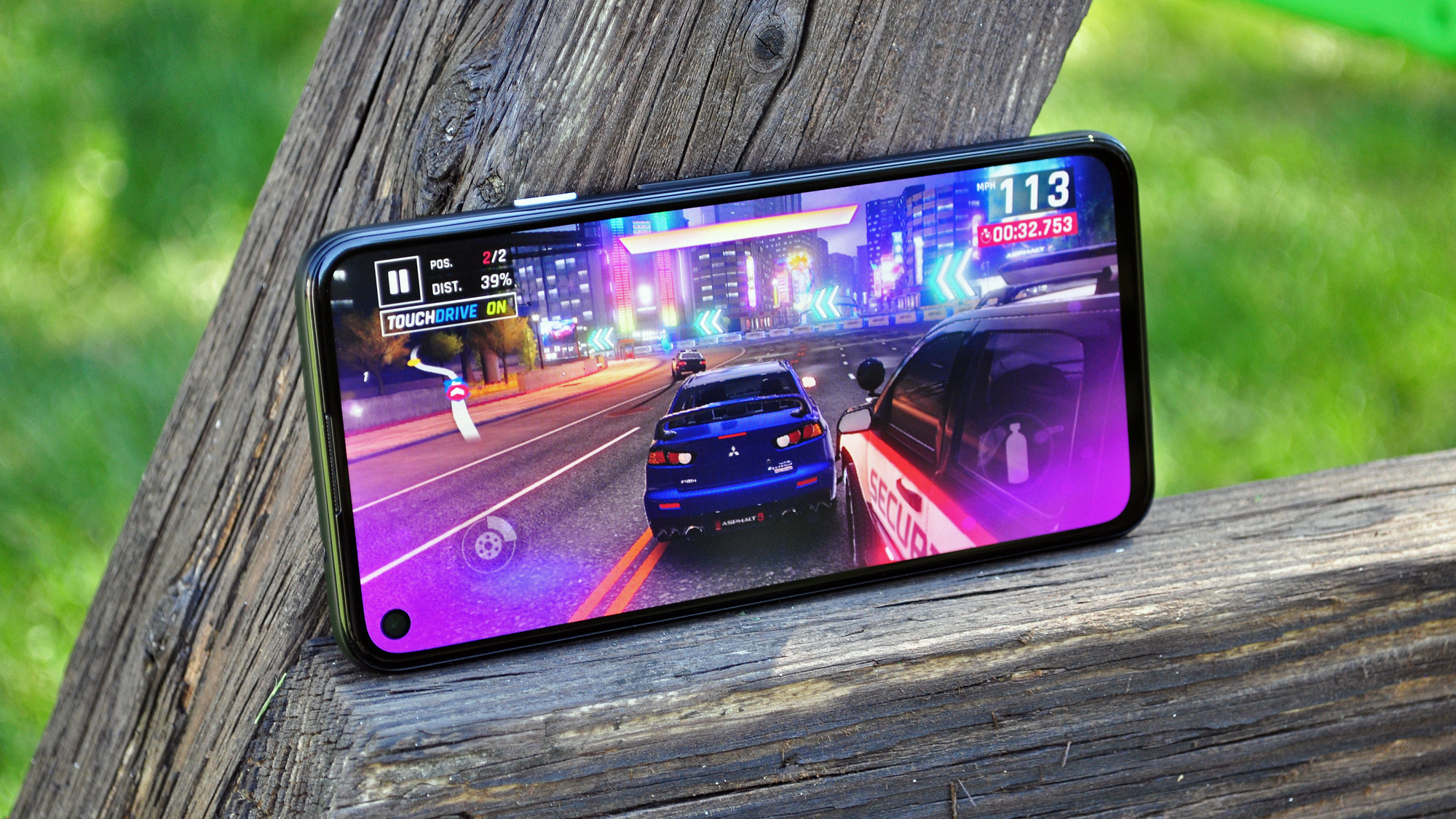
We also saw a big difference in various benchmark results. The Pixel 4a scored 1,647 on the multi-core portion of the Geekbench 5 test, compared to 3,226 for the iPhone SE. So Apple's phone is about twice as fast.
On our real-world video editing test, which involves transcoding a 4K video to 1080p in the Adobe Premiere Rush app, the Pixel 4a took 2 minutes and 27 seconds. The iPhone SE needed only 47 seconds.
Winner: iPhone SE
Google Pixel 4a vs iPhone SE: Battery life and charging
Neither the Google Pixel 4a nor the iPhone SE have the staying power needed to land on our best phone battery life list. The Pixel 4a comes with a 3,140 mAh battery that lasted an average of 8 hours and 55 minutes on our web surfing battery test. The iPhone SE was a bit better at 9:18.
However, the Pixel 4a comes with a quick 18W charger, which can get the phone to 50% capacity in just 30 minutes. The iPhone SE comes with a slow 5W charger and a fast 18W charger costs extra. Then again, only the iPhone SE offers wireless charging.
Winner: Pixel 4a
Google Pixel 4a vs iPhone SE: Overall winner
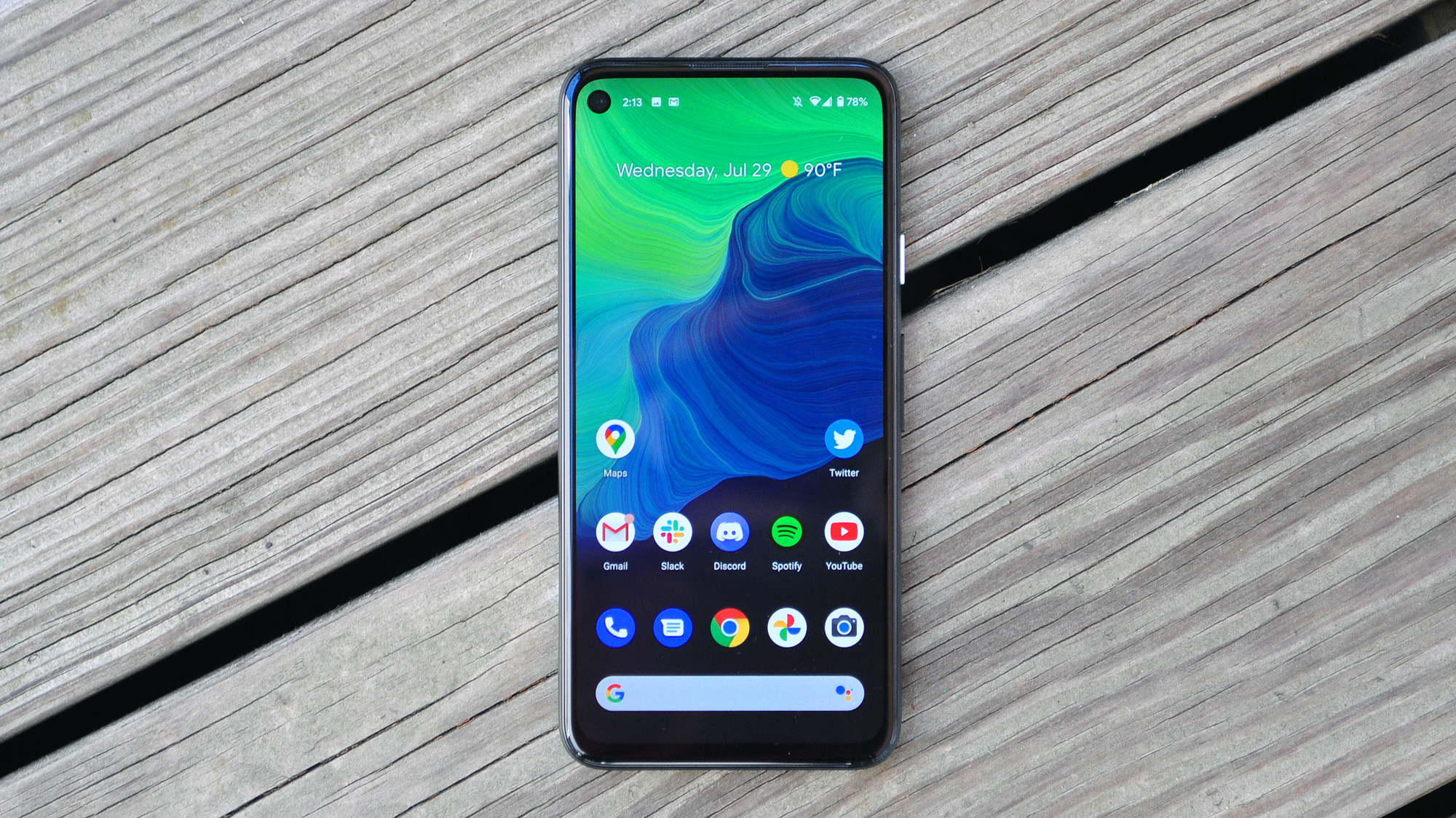
The Google Pixel 4a took its sweet time getting to market, but if you look at the sheer value proposition, it's really hard to find a better phone for the money. For $349, it offers a bigger display than the iPhone SE, a sleeker design, faster charging and a Night Mode for its camera that outshines Apple. Plus you get double the storage for $50 less than the iPhone SE.
| Row 0 - Cell 0 | Google Pixel 4a | iPhone SE |
| Price and value (20) | 19 | 17 |
| Design (15) | 12 | 10 |
| Display (15) | 14 | 12 |
| Cameras (20) | 18 | 16 |
| Performance (15) | 12 | 15 |
| Battery life and charging (15) | 11 | 12 |
| Overall | 86 | 82 |
The iPhone SE takes very good pictures as well, and it offers considerably performance than the Pixel 4a, especially for playing games. Apple's handset also benefits from water resistance and wireless charging — two features Google's phone lacks. In addition, some may prefer the more premium glass back of the iPhone SE to the plastic Pixel.
Overall, it's a pretty close contest between these two phones, but overall the Pixel 4a is the better budget phone.
Mark Spoonauer is the global editor in chief of Tom's Guide and has covered technology for over 20 years. In addition to overseeing the direction of Tom's Guide, Mark specializes in covering all things mobile, having reviewed dozens of smartphones and other gadgets. He has spoken at key industry events and appears regularly on TV to discuss the latest trends, including Cheddar, Fox Business and other outlets. Mark was previously editor in chief of Laptop Mag, and his work has appeared in Wired, Popular Science and Inc. Follow him on Twitter at @mspoonauer.

